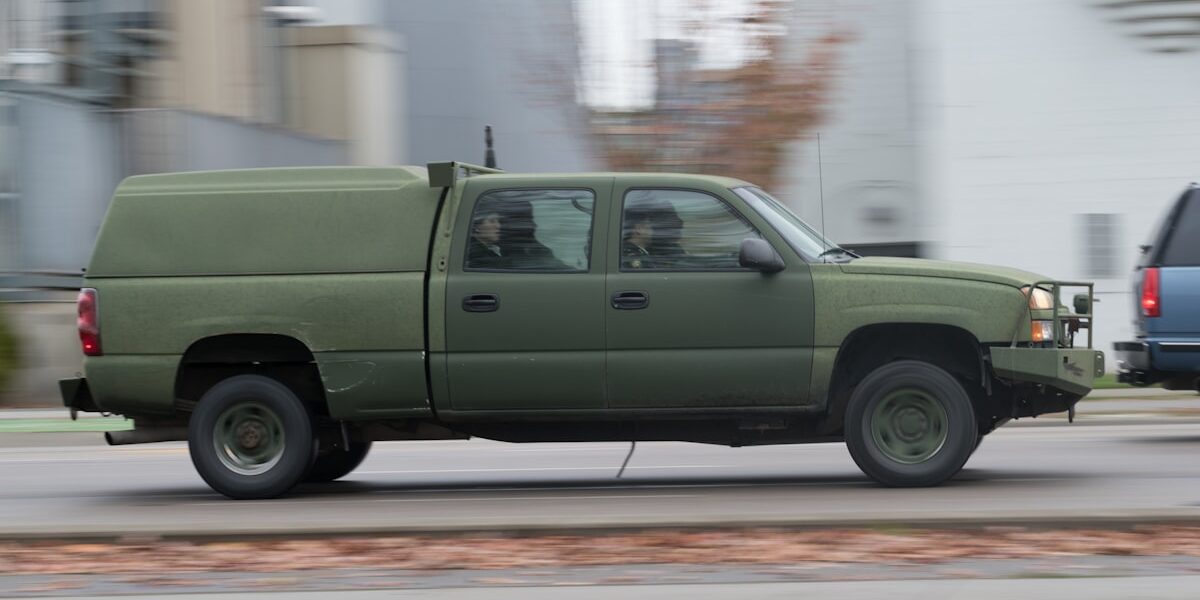Military Tanks for Sale
Military tanks, often symbols of warfare and defense, are complex machines with a storied history. For collectors, historians, and enthusiasts, the prospect of owning a military tank is both exciting and daunting. Understanding the market and finding available tanks requires research and planning.
The History of Military Tanks
The advent of military tanks marked a significant shift in modern warfare. First used extensively during World War I, tanks combined armor protection with mobility and firepower. Mark 1, the first tank developed by the British, set the stage for future designs. World War II saw rapid advancements, leading to iconic tanks like the German Panzer and the American Sherman.
Post-war developments continued to evolve tank technology. Modern tanks, such as the M1 Abrams, incorporate state-of-the-art electronics and advanced armor. Each tank model tells a story of the technology and tactics of its time, making them fascinating subjects for collectors.
Where to Find Military Tanks for Sale
Acquiring a military tank requires sourcing from specialized vendors and auctions. Several reputable dealers specialize in military vehicles, offering tanks in various conditions, from fully operational to restoration-ready.
1. Specialized Brokers and Dealers
Companies like Tanks-Alot and Military Vehicle Solutions provide a range of available tanks. These dealers often offer detailed information about the tank’s history, condition, and specifications. Many also offer additional services like transportation, spare parts, and restoration.
2. Auctions
Military vehicle auctions are another significant source. Auction houses like Barrett-Jackson and Sotheby’s hold specialized auctions for historic military vehicles. Participating in these auctions can yield unique finds but requires careful research and preparation. Auction catalogs, preview sessions, and expert consultations can help identify the right tank.
3. Online Marketplaces
Platforms like eBay occasionally list military tanks. These listings can vary widely in quality and legitimacy. Due diligence is essential when considering online purchases. Verifying the seller’s credentials and requesting detailed documentation can prevent potential issues.
Legal Considerations
Buying a military tank involves navigating several legal requirements. National and international laws govern the sale, ownership, and transportation of military vehicles. Understanding these regulations is crucial to a smooth purchase process.
1. Import and Export Laws
Different countries have specific rules regarding the import and export of military vehicles. Export licenses, import permits, and compliance with weapons regulations are often required. Consulting with legal experts or agents specializing in military imports can aid in navigating these rules.
2. Demilitarization
Operational military tanks often require demilitarization before civilian ownership. This process includes disabling or removing weapon systems to comply with legal standards. Ensuring the tank has been appropriately demilitarized is critical for legal ownership and operation.
3. Registration and Insurance
Registering a military tank with relevant authorities ensures compliance with local laws. Insurance, though specialized, is available for military vehicles. Engaging with insurers who understand the unique requirements of military vehicle ownership is advisable.
Maintenance and Restoration
Owning a military tank involves ongoing maintenance and sometimes extensive restoration. Understanding the mechanical complexity of tanks is essential for proper upkeep.
1. Finding Spare Parts
Spare parts for military tanks can be challenging to source. Collaborative networks of collectors and specialized dealers are valuable resources. Keeping an inventory of essential parts and working with knowledgeable mechanics helps maintain the tank’s operational status.
2. Regular Upkeep
Routine maintenance includes checking and servicing the engine, transmission, tracks, and hydraulics. Due to their size and complexity, tanks require specialized tools and facilities. Partnering with experts experienced in military vehicles can ensure proper maintenance practices.
3. Restoration Projects
Restoring a vintage military tank to its former glory involves significant effort. Evaluating the tank’s condition and planning the restoration process step-by-step is fundamental. Restoration may include sourcing original parts, refurbishing the exterior, and bringing mechanical systems back to life. Joining historical reenactment groups and forums can provide additional support and guidance.
Economic Considerations
Purchasing and maintaining a military tank is a substantial financial commitment. Understanding the economic implications helps prospective buyers plan appropriately.
1. Purchase Price
Military tanks vary widely in price depending on historical significance, condition, and rarity. Entry-level tanks may be more affordable, but rarer models can command high prices. Estimating the total cost of acquisition, including transportation and initial maintenance, is crucial.
2. Ongoing Costs
Operational costs include fuel, maintenance, and storage. Tanks are fuel-intensive, and their complex systems require regular attention. Allocating a budget for these ongoing expenses ensures sustainable ownership.
3. Potential for Appreciation
Well-maintained historical military tanks can appreciate over time. Understanding the market trends and factors influencing tank values helps maximize the investment potential. Engaging with collectors and attending military vehicle shows can provide insights into market dynamics.
Community and Events
The community of military tank enthusiasts is vibrant and supportive. Engaging with this community enhances the ownership experience and provides valuable resources.
1. Enthusiast Clubs
Clubs dedicated to military vehicle enthusiasts offer networking opportunities and support. Participating in these clubs provides access to resources, expertise, and events. Many clubs organize meetups, shows, and historical reenactments.
2. Historical Reenactments and Shows
Participating in historical reenactments allows owners to showcase their tanks and engage with history. Events like Tankfest in the UK or military vehicle shows in the US attract large audiences and fellow enthusiasts. These events provide opportunities to display tanks, exchange knowledge, and enjoy the camaraderie of like-minded individuals.
3. Online Forums and Communities
Online forums and social media groups dedicated to military vehicles offer platforms for discussion and advice. Engaging with these communities helps owners troubleshoot issues, source parts, and share restoration experiences. The collective knowledge of these groups can be an invaluable resource.
Educational and Historical Impact
Owning a military tank contributes to preserving history and educating future generations. Tanks are physical links to the past, representing technological and tactical advancements.
1. Historical Preservation
Restoring and maintaining tanks preserves historical artifacts. Many tanks found today have seen action in significant conflicts, making them important historical objects. Proper restoration ensures these tanks remain educational tools for museums and historical societies.
2. Educational Programs
Museums and educational organizations often collaborate with private tank owners. Lending tanks for displays or educational programs helps teach students and the public about military history. These programs spark interest and provide a tangible connection to historical events.
3. Living History
Participating in living history events brings history to life. Demonstrating tanks in action, explaining their historical context, and engaging with audiences make history interactive and impactful. These events honor the legacy of those who operated these machines and educate the public about their roles.
The market for military tanks is multifaceted, involving historical appreciation, detailed legal considerations, and a commitment to maintenance and community involvement. Prospective buyers benefit from thorough research, engagement with expert networks, and a passion for preserving and understanding military history.
“`

